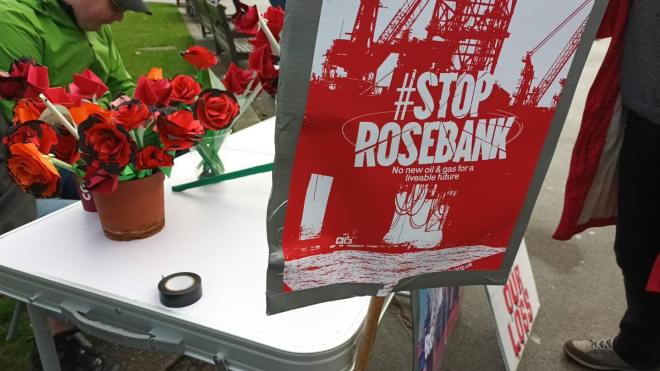
Nearly half (44%) of older people in Scotland on a low income1 have struggled to keep up with their broadband bill in the last 6 months, according to new research from the older people’s charity Independent Age.
Of that number, 18% found it a constant struggle, and 26% struggled from time to time.
Independent Age says the findings from YouGov commissioned polling raise fears that the cost of living has deepened the ‘digital divide’ and warns that older people in financial hardship may become even more isolated and could face additional costs if they are forced to shut off their internet access.
The survey also found:
- More than 1 in 3 (35%) older people in financial hardship said they are worried they will not be able to pay their broadband bill over the next 6 months.
- 36% are currently having to cut back their spending on their internet, phone or TV subscription services a great deal or a fair amount.
- Almost 1 in 10 (9%) have already cancelled broadband and phone services over the winter in an effort to save money and 6% had already taken this action before the winter began, to save money.
The charity warns that not being able to go online could mean that older people on low incomes are unable to access information about financial entitlements or services, miss out on savings by not being able to search for the best deals and lose vital social connections.
It’s calling on broadband providers to further promote their social tariffs so that older people in financial hardship are aware that support for their internet costs is available. The charity also believes the Government has a role to play in promoting social tariffs as part of the support available during the cost of living crisis.
Social tariffs are cheaper broadband contracts for those receiving means tested benefits, such as Pension Credit (the State Pension top-up for those on a low income). However, current take-up is low, with just 5.1% of eligible households using them2,and Independent Age say that eligible older people are going without as a result.

Morgan Vine, Head of Policy and Influencing at Independent Age, said: “The choice to engage online shouldn’t be taken away due to cost. We’re hearing from people in later life who are struggling to pay their broadband bills, cancelling their services, or making considerable sacrifices to afford this expense, such as going without fresh food.
“Cancelling broadband can mean someone misses out on the best deals, social connections with friends and family or on finding information about financial support they could be entitled to, such as Pension Credit or Attendance Allowance.
“Independent Age is calling on broadband providers to do all they can to support vulnerable customers. We also think the Government has a role to play when promoting the options available now and thinking about consistency in the longer term. At the moment it’s a confusing picture for older people on low income, with each provider offering different options.
“While broadband social tariffs are available from most major providers, and can be a great help for those in financial hardship, take up is extremely low. Independent Age wants providers to proactively promote their social tariffs and target their activity at all eligible groups, including ensuring older people on a low income are not missed out.”
Details of all available social tariffs can be found on Ofcom’s website here: https://www.ofcom.org.uk/phones-telecoms-and-internet/advice-for-consumers/costs-and-billing/social-tariffs#full-list-of-available-tariffs, or people who think they might be eligible can contact their provider to find out more.
Case study – Maggie’s Story
“There’s a growing assumption that we can all do everything online now, but because of my financial situation, I’ve had to cancel my phone and Internet contracts. So now if I want to do anything that involves being on the Internet, I need to get hold of a library that’s open at certain times.
“I don’t know what’s happened in other parts of the country, but we used to have access to Wi-Fi on Greater Manchester’s buses and trams. That disappeared during COVID. I’m assuming it was taken off as a cost-saving thing because people weren’t traveling on the buses, but they’ve never put it back.
“And that doesn’t just impact older people who don’t have Wi-Fi — it impacts young families who are trying to do stuff whilst they’re out and about because they can’t afford to pay for the subscription at home.”





















